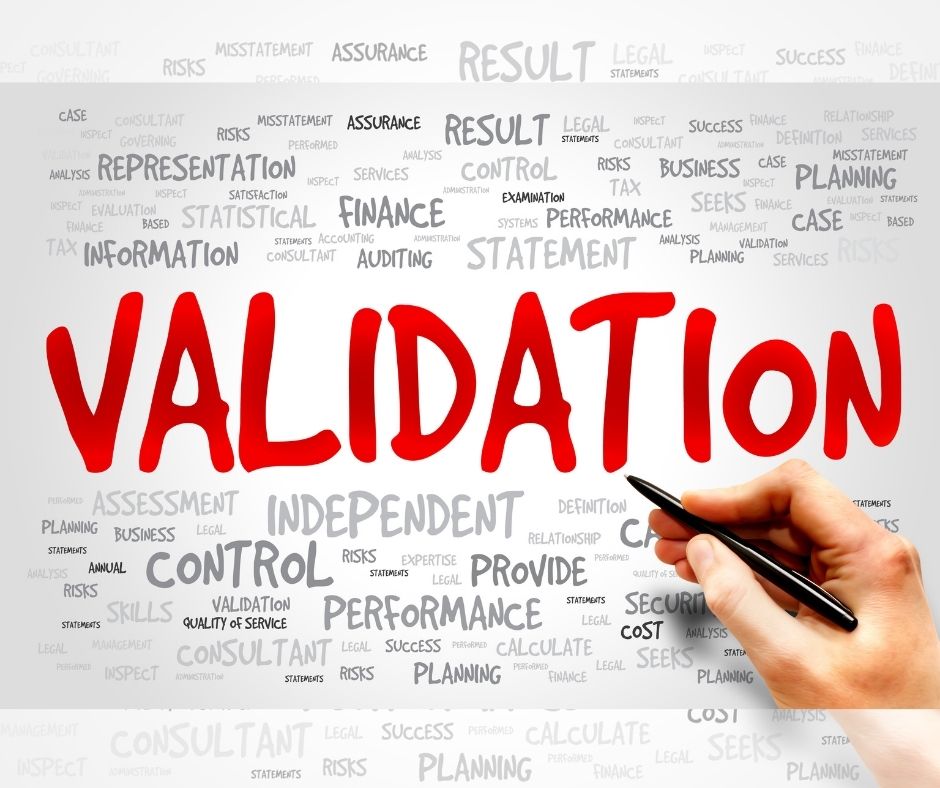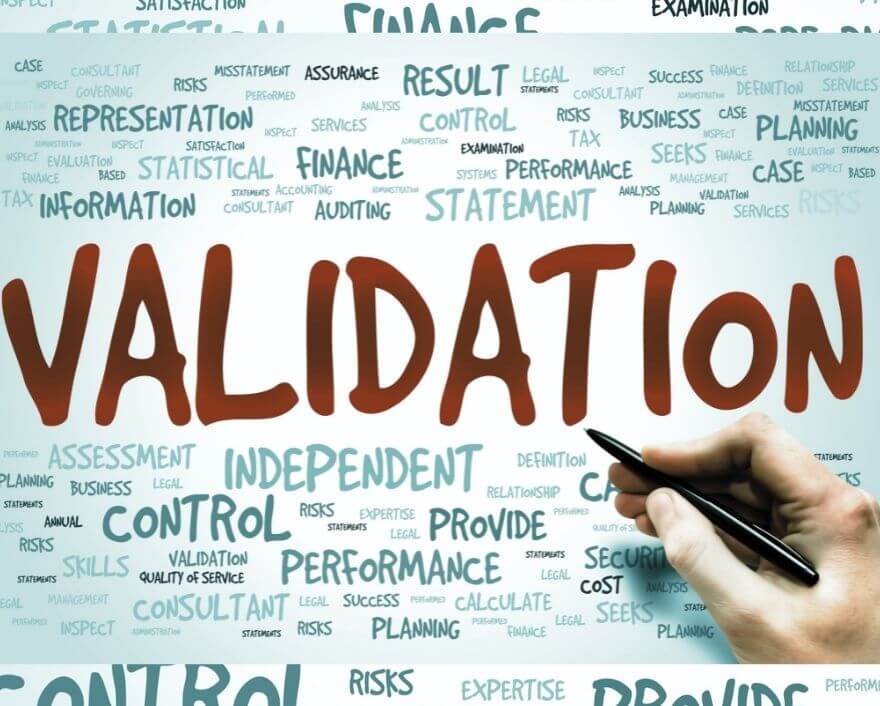The word „validation” by itself has a few meanings. The Dictionary of the Polish Language defines validation as “the generality of actions performed with the aim of checking the appropriateness, relevance or accuracy of something” [1].
Wikipedia provides various definitions of this word, depending on the field, in which it is used. For example, validation “in technical science and information technology is the action performed in order to obtain a confirmation, in a documented manner being consistent with the assumptions, that the procedures, processes, devices, materials, activities and systems truly lead to obtaining the pre-planned results.” [2]
One of online dictionaries of the Polish language provides three definitions of this word. The last of them is very close to our context: „formerly: confirmation, becoming effective” [3].
In legal terms, in the field of patents which is our area of practice, it is indeed the expression “becoming effective” whose meaning is the closest to the nature of validation. In other words, „validation” is obtaining the right of protection in the territory of a given country by the holder of a European Patent.
In order to obtain a patent for an invention, one can for example file the relevant application in the European Patent Office. Then, after obtaining a European patent, it can be validated in other countries, including Poland. In the course of obtaining a European patent, the Applicant (a physical or legal person) designates the countries where protection for an invention is required. Then, at a later stage, the owner can decide in which countries – out of those designated – the obtained patent shall be in fact validated (it is not necessary to validate the European Patent in all the countries which were initially designated). The proprietors choice of the countries where validation is to be conducted may be determined by many factors, such as the results of a market research.
To put the definition of validation in most simple words – it is “activation” of the right of protection obtained for a European Patent in the territory of a given country, which the proprietor had earlier designated. After obtaining a European Patent, its validation can be performed only in the countries which signed the European Patent Convention [4].
Validation of a European Patent means that an invention is protected in the given territory and the proprietor is entitled to use it for making profits. If such patent is infringed, then the proprietor will be able to undertake the relevant actions in order to enforce one’s protection rights, such as bringing action for patent infringement to the court. If a patent is not validated in the territory of a given country, then the invention covered by that patent will not be protected in this territory. What is essential to note, the protection resulting from a European Patent works only in the countries where the validation has been done.
[1]https://sjp.pwn.pl/sjp/walidacja
[2] https://pl.wikipedia.org/wiki/Walidacja(technika)
[4] http://prawo.sejm.gov.pl/isap.nsf/DocDetails.xsp?id=WDU20040790737

Olimpia Misztal is a graduate of the Faculty of Law and Administration at the Lazarski University in Warsaw.





